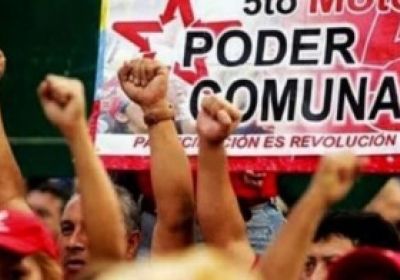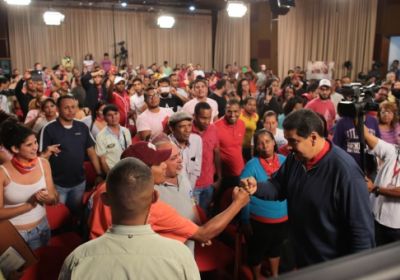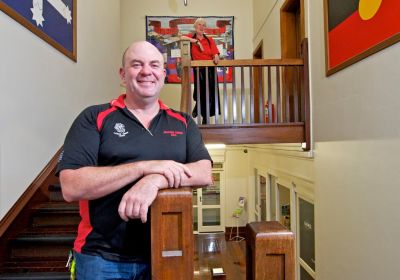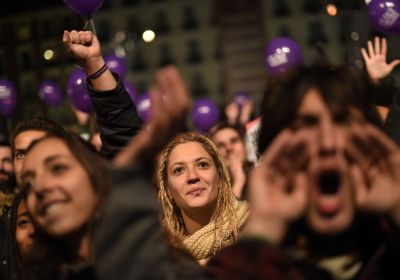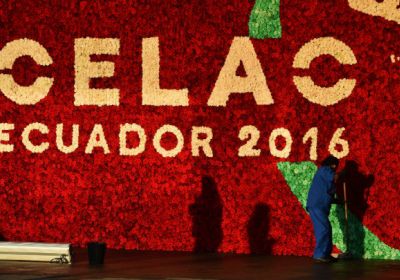
The 2016 summit of the Community of Latin American and Caribbean States (CELAC) began on January 26 with the meeting of foreign ministers and chancellors of the Latin American nations at the headquarters of the Union of South American Nations (UNASUR) in Mitad del Mundo, Quito, Ecuador.
CELAC, a regional body involving all nations in the Americas except for the United States and Canada, was officially created in Caracas in 2011 under the leadership of then-Venezuelan president Hugo Chavez.
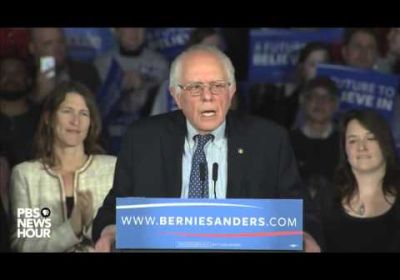
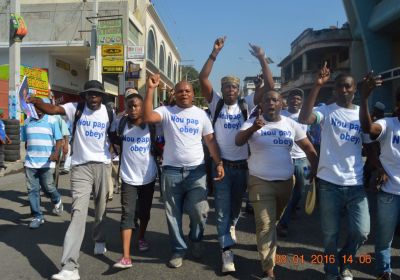
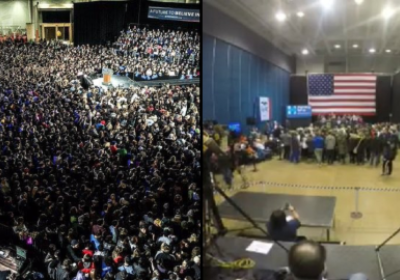
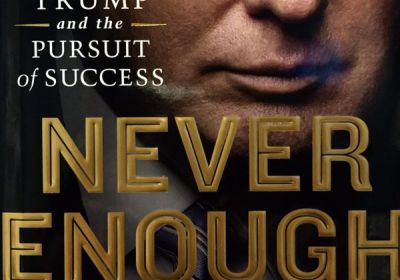
 Bernie Sanders.
Self-described democratic socialist and Democratic presidential hopeful Bernie Sanders used a January 5 speech to call for structural reforms to the US financial system, calling Wall Street's business model as fraudulent,
Bernie Sanders.
Self-described democratic socialist and Democratic presidential hopeful Bernie Sanders used a January 5 speech to call for structural reforms to the US financial system, calling Wall Street's business model as fraudulent, 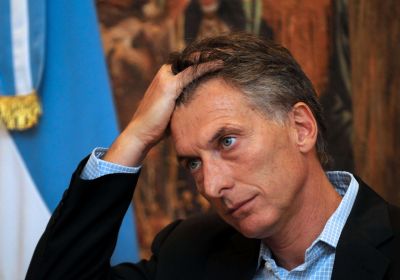
 Artillery bombardment of Diyarbakır neighbourhood of Sur. Photo: Jinhahaber.link.
It is freezing cold in Amed, as the city of Diyarbakır is known to its residents. More than 10 centimetres of snow blankets the ground, something that happens only every three or four years. And at exactly this moment, fighting is escalating in Amed's old neighbourhood of Sur and in the cities of Cizre and Silopi, in Şırnak province.
Artillery bombardment of Diyarbakır neighbourhood of Sur. Photo: Jinhahaber.link.
It is freezing cold in Amed, as the city of Diyarbakır is known to its residents. More than 10 centimetres of snow blankets the ground, something that happens only every three or four years. And at exactly this moment, fighting is escalating in Amed's old neighbourhood of Sur and in the cities of Cizre and Silopi, in Şırnak province.
